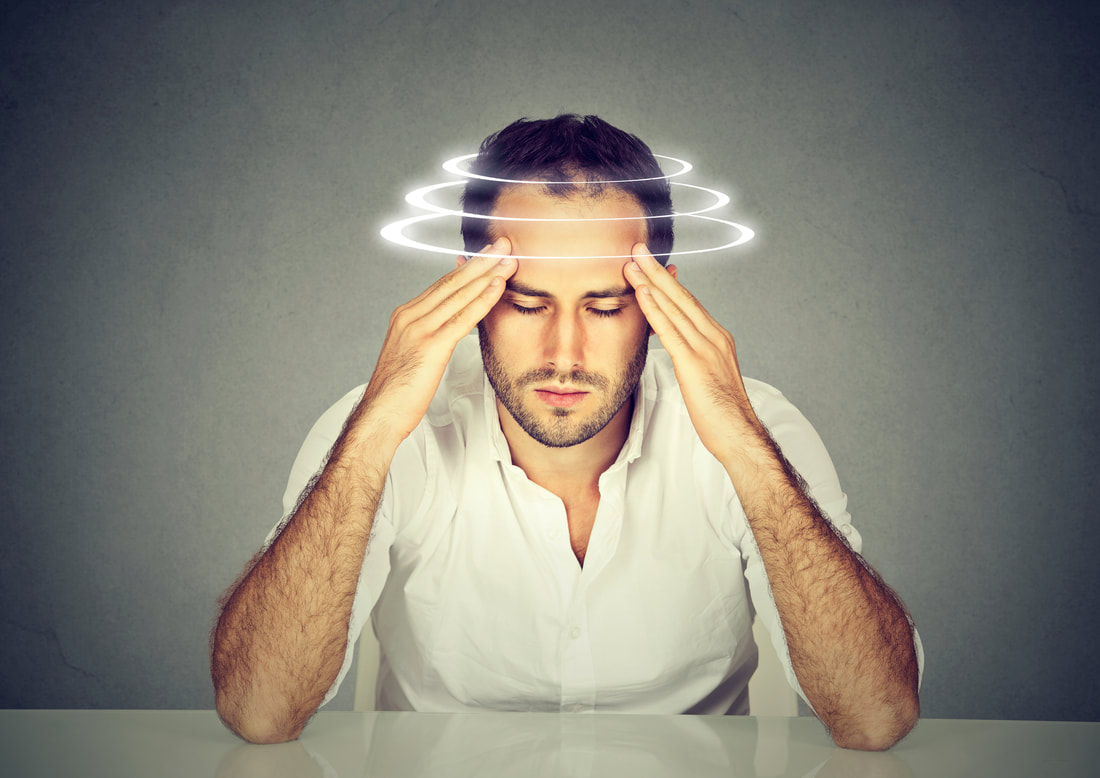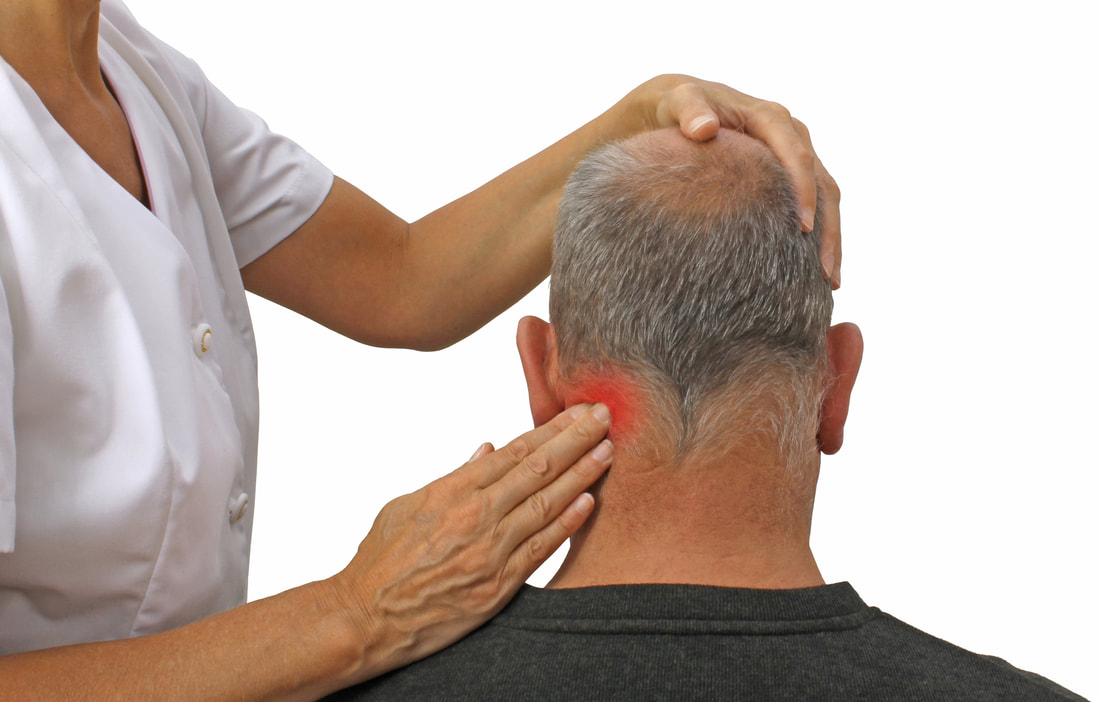How Do We Treat Vertigo?
|
Our treatment of vertigo has evolved significantly over the last 3 years. In the time since Covid 19 started we've seen a five fold increase in cases of vertigo, tinnitus, and related inner ear conditions in our office.
We found that the standard treatments we'd used int he past to handle vertigo weren't sufficient to address these symptoms in our patients. We've learned a lot working with all these vertigo patients and significantly refined our approach, develop new techniques, and greatly increased our success rate with this condition. |
Schedule an Appointment
Where is the Vertigo Coming From?
Our first step is to identify to what extent your symptoms are arising from altered nerve function, structural changes in your inner ear, and musculoskeletal tension and trigger points in the upper neck area.
Our treatment approach integrates treatments for all of these areas.
Our treatment approach integrates treatments for all of these areas.
|
Muscular Imbalance
One area where acupuncture is uniquely suited to address this symptom is in addressing muscular tension and asymmetry in the sub-occipital area. The muscles here are precisely calibrated to connect head movement with eye movement and maintain our proprioceptive orientation to where our head is in space. When there is tension in these muscles they can send an incorrect message to the brain, leading to mismatch in the information arriving from our inner ears, eyes and muscles. The muscles of the jaw, skull, anterior neck can also sometimes be a factor and are evaluated as well. |
|
|
Nerve Support
One of the reasons Covid-19 has resulted in an increase in vertigo is due to nerve damage associated with the viral infection. The impact on nervous tissue has been one of the unfortunate hallmarks of the Covid-19 pandemic. When nerves in the inner ear on one side are affected by Covid-19, the signal the brain receives from the two sides becomes asymmetrical. That difference in the intensity of signals is interpreted by the brain as movement, however the information received from the eyes and neck don't agree, resulting in vertigo. Addressing the inflammation and damage to the nerves is the second component to effective treatment. We do that through herbal medicine and a specialized supplement protocol. |
|
Systemic Support
There are other underlying conditions that can make patients more likely to experience vertigo, or dizziness. The third component of our treatment protocol involves addressing underlying health conditions that may be contributing. These conditions can include: lymphatic congestion, immune activation, food allergies/intolerances, metabolic disfunction, autoimmune activity, airborne allergies, digestive inflammation and others. |


